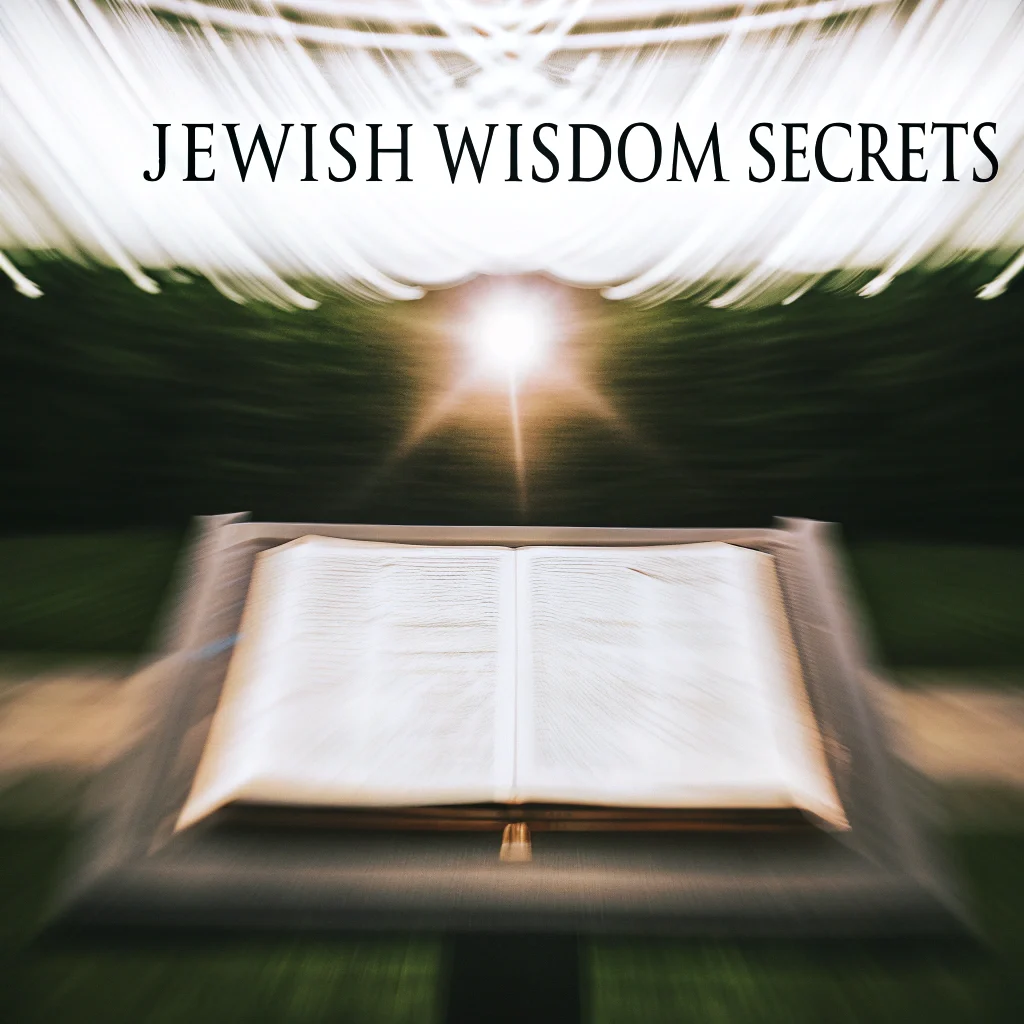The Light of Shechinah: How to Connect with Divine Presence in Everyday Life
The Light of Shechinah illuminates our path to spiritual fulfillment. We often search for deep spiritual connection but don’t know where to find it. The wisdom of Hasidism suggests an amazing truth: divine presence (Shechinah) is accessible to each of us through simple daily actions. Let’s explore how this works.
What is the Light of Shechinah and Where Does It Dwell?
Shechinah is the visible manifestation of divine light in our world. During the time of the First Temple, this presence was physically tangible in the Holy of Holies, where the stone tablets with the Ten Commandments were kept.
Interesting fact: the letters on these tablets were miraculously engraved — they went through the stone completely, yet somehow remained in place, defying the laws of physics! This hints at the special nature of interaction between the spiritual and material realms.
The Light of Shechinah: Then and Now
In the First Temple, the presence of Shechinah was incredibly powerful — even stronger than in the higher spiritual worlds! Why? Because the Ten Commandments are the quintessence of the entire Torah, emanating from supreme wisdom.
In the Second Temple, where there was no ark with the tablets, divine presence was less evident. But what about our time, when the Temple no longer exists?
Where to Find the Light of Shechinah Today?
“Since the destruction of the Temple, the Holy One, blessed be He, has nothing in His world except the four cubits of Halachah (Jewish Law).”
This striking statement means that today Shechinah dwells where a person studies Torah. Even when a single person sits and immerses themselves in studying sacred texts, divine presence is with them!
Wisdom as Oil for the Soul’s Lamp
Imagine your soul as a lamp. For the lamp to burn, two components are needed:
- Oil — the wisdom of Torah.
- Wick — your life energy.
When wisdom connects with your everyday actions through the fulfillment of commandments (mitzvot), a true miracle happens: the Light of Shechinah becomes visible as the ordinary becomes holy, and the material is transformed into the spiritual.
Practical Application: 613 Keys to Spirituality
The Torah contains 613 commandments, most of which are related to specific actions. Even commandments concerning thought and speech (studying Torah, prayer, blessings) require action — the utterance of words.
Interestingly, the 613 commandments of the Torah together with the 7 rabbinical commandments total 620 — the numerical value of the word “keter” (crown). This indicates their connection to the supreme will of the Creator.
How to Draw the Light of Shechinah Into Your Life
Just as a flame shines through the burning of a wick, the Light of Shechinah manifests when our animal soul (ego) is transformed:
- For the righteous (tzaddikim) — through complete transformation of egotistical desires into aspiration for holiness.
- For ordinary people (beinonim) — through directing thoughts, speech, and actions toward studying Torah and fulfilling commandments.
Transforming the Everyday
When we turn ordinary actions into service through commandments, an amazing transformation occurs — from darkness to light, from bitterness to sweetness. Our physical actions become conductors of the Light of Shechinah.
A key principle of Hasidism states: “For the Lord your God is a consuming fire.” Like fire, divine presence manifests through the transformation of the material into the spiritual.
This article is based on Chapter 53 of the book “Likkutei Amarim — Tanya” by Rabbi Schneur Zalman of Liadi, one of the greatest Hasidic thinkers.
Afterword: The text of this article has not been approved by any sage, Torah scholar, or rabbi and is merely a simplified adaptation of the sacred text for general understanding. For comprehension of true wisdom and a deeper understanding of the original text, you should refer to the sources.
This and all other article texts of the Mega-Charity.Org resource express only the personal opinions of the authors who compiled them. They are intended only for general and superficial understanding of the real sources of wisdom. References to which are provided.



